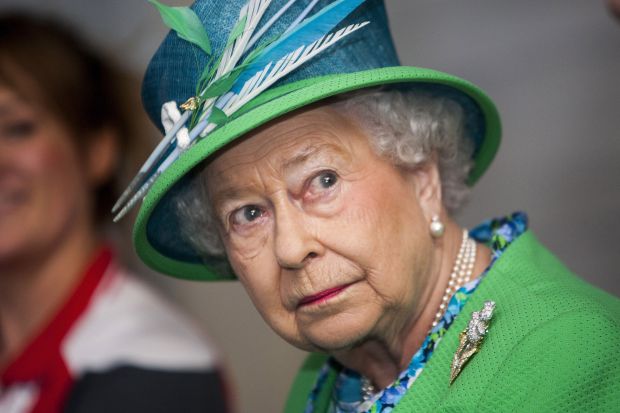British chess Grandmaster Nigel Short has form when it comes to explosive statements. Competing in a tournament in France some years ago as a junior player, he was asked during an interview ‘what do you hate most in life?’ His answer – ‘the French’ – failed to win over his audience.
Short’s latest foray into contentious self-expression came with his intervention into the age-old debate about the differences between the male and female brain. According to Short’s comments, the female brain fails in the logic department, hence girls will never be able to match boys over the chessboard. He is reported to have said that we should ‘gratefully accept’ that men are ‘hardwired’ to be better chess players than women. In an interview for New in Chess magazine, Short said:
‘Why should they function in the same way? I don’t have the slightest problem in acknowledging that my wife possesses a much higher degree of emotional intelligence than I do. Likewise, she doesn’t feel embarrassed in asking me to manoeuvre the car out of our narrow garage. One is not better than the other, we just have different skills. It would be wonderful to see more girls playing chess, and at a higher level, but rather than fretting about inequality, perhaps we should just gracefully accept it as a fact.’
This controversial subject arose again back in 2013, when Ukip donor Stuart Wheeler publicly denigrated female chess ability, only to be challenged to a game by former British girls chess champion, Rachel Reeves MP. Wheeler tried to get out of it by asking a Grandmaster (in fact me) to take his place. This seemed to miss the point of the exercise, which was to pit Wheeler directly against Reeves, so I declined, and the game never took place.
In answer to a tsunami of outraged responses to his comments, Short wrote:
Instead, the most likely explanation for the predominance of professional male chess players seems to be not the result of differing brainpower, biologically divergent ‘hardwiring’ as Short put it, but of certain predominant cultural conditions. These include the long-held belief in the West that it was improper for women to become chess professionals. Equally restrictive was an article of faith among former Eastern bloc nations, the greatest state supporters of chess the world has ever seen, that male and female chess players should be segregated into separate gender-specific tournaments.
If you start with a smaller and less experienced pool of players and force everyone in that pool to stay there, this will necessarily impede progress. Even in Soviet Georgia, the most fervent advocate of female chess, this ghetto mentality still predominated among official chess circles, as it did in Communist-era Hungary, home of the brilliant Polgár sisters, who broke out by rebelling against the system and insisting on facing male opponents.
This damaging view was based on a false analogy with physical sports, where upper body and general muscle strength counts. In chess, bodily stamina is important and so is brainpower, but not muscular strength. Nigel Short’s views may describe the current situation, but they do not explain it.
This weekend Short faces his old rival, former world champion Garry Kasparov, in a two-day rapid play match in St Louis, USA. Whatever the outcome, one thing is sure: outraged female chess-players will be queuing up to challenge Short once he has completed his series of games against Kasparov. Both Short and Kasparov, by the way, have been victims in one-off games against the greatest female player, Hungarian Grandmaster Judit Polgár.
Even if Nigel has a point about logic, at least one of the greats of chess history is not on his side. As the brilliant tactician and incandescently creative world champion Alexander Alekhine once said, ‘chess is not only knowledge and logic!’
Raymond Keene is an English chess Grandmaster and the Spectator’s chess columnist





Comments